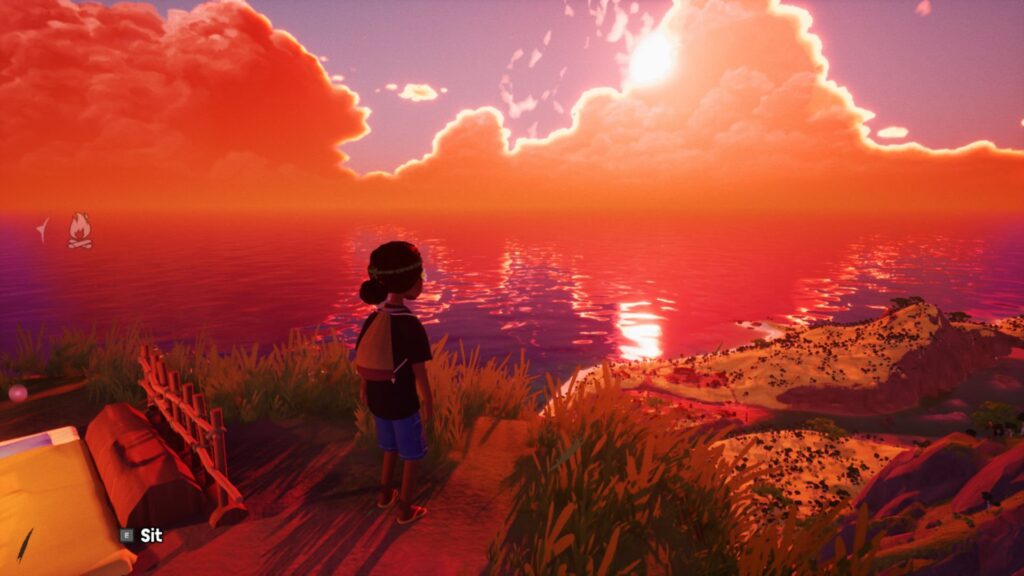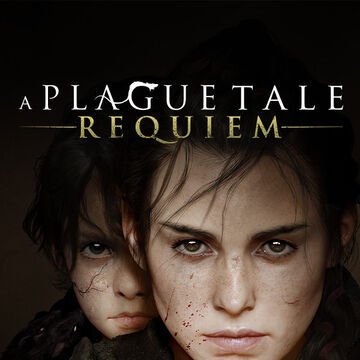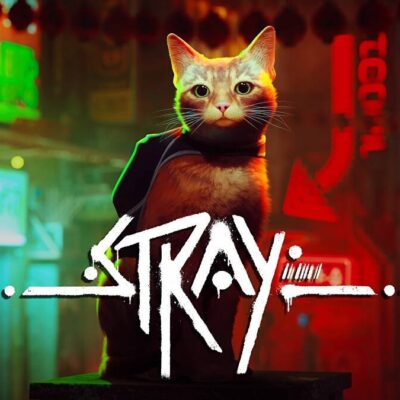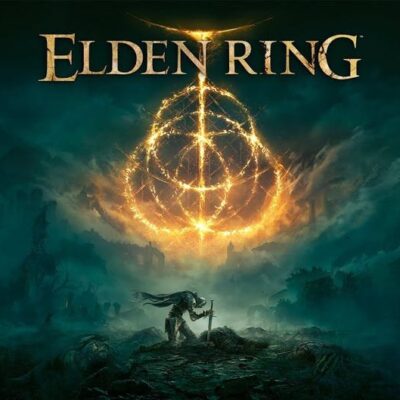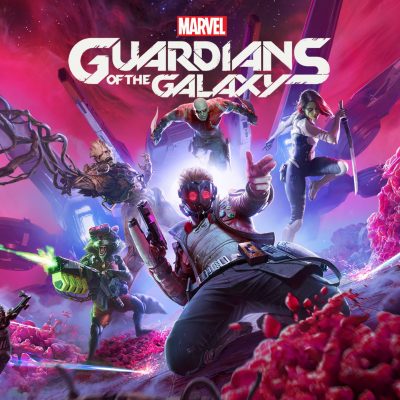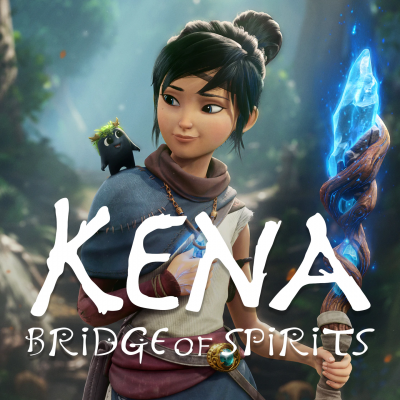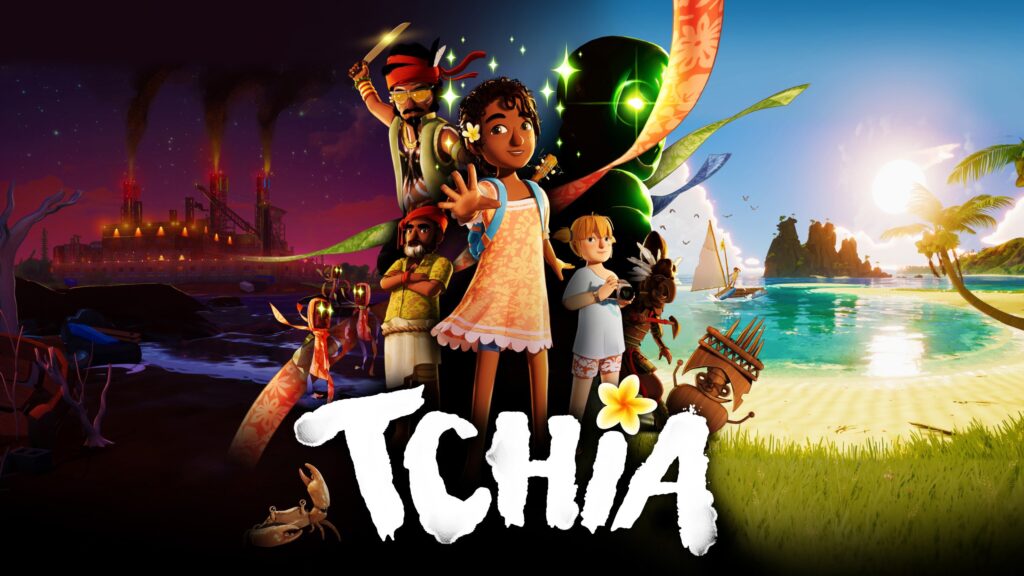
The open-world genre has really become such a mainstay in the current generation of gaming. What was once an occasional pop up in the game industry now shows up in almost every release both big and small. For every Breath of the Wild there is a game like 2021’s Sable or even the recent Elden Ring. All those game’s have one thing in common: a true sense of go anywhere and do anything freedom. I have such a great appreciation for minimal map icons to chase and an encouragement of true freeform play that when people ask me what I feel are some great examples of open-world games, my list auto-rambles out those aforementioned titles. Now we have an absolute standout indie game to add to that list called Tchia.
At its heart, Tchia is a coming-of-age story inspired by the real-world archipelago of New Caledonia. The titular Tchia must try to save her father from the woodworm god Meavora and his accomplice Pwi Dua. Along this simplistic yet still grand adventure, Tchia will come to learn more about the world around her, fall in love and gain superpowers. One of the best things this game does is take the inspirations of New Caledonia and implement the real location’s landmarks into its fictional representation. I’ve never been to or heard of the place until this game, and now I want to see the real world setting to compare how accurate they got this game. It’s that beautiful to look at. Not a lot of games embrace, promote and educate the player on the cultures they are inspired by, but Tchia cleverly and compellingly teaches you about the actual New Caledonia while you jump, soar and fly around it’s inspired recreation.
With very few roadblocks for exploration, Tchia herself can run, jump, sail, swim and climb across each island you see and the ocean between them however and whenever you want. There are challenges throughout like races and rock balancing and even learning new songs on your ukulele. You’ll learn Soul Melodies and find items like fruits to increase your stamina and other player stats. While it may feel like a collect-a-thon, every collectible feels worth pursuing because it has some use within the world. Whether it’s a form of currency to upgrade your outfit or gameplay ability, going off the beaten path will almost always yield some type of reward. In the game there are two major islands surrounded by smaller ones, and the game intelligently provides you a map without telling exactly where you are. Your compass will tell you the general direction of pinned locations and objectives and that’s about it. The rest is in cleverly remembering landmarks and visual cues of the islands, making exploration both a joy and familiar as you progress through the game.
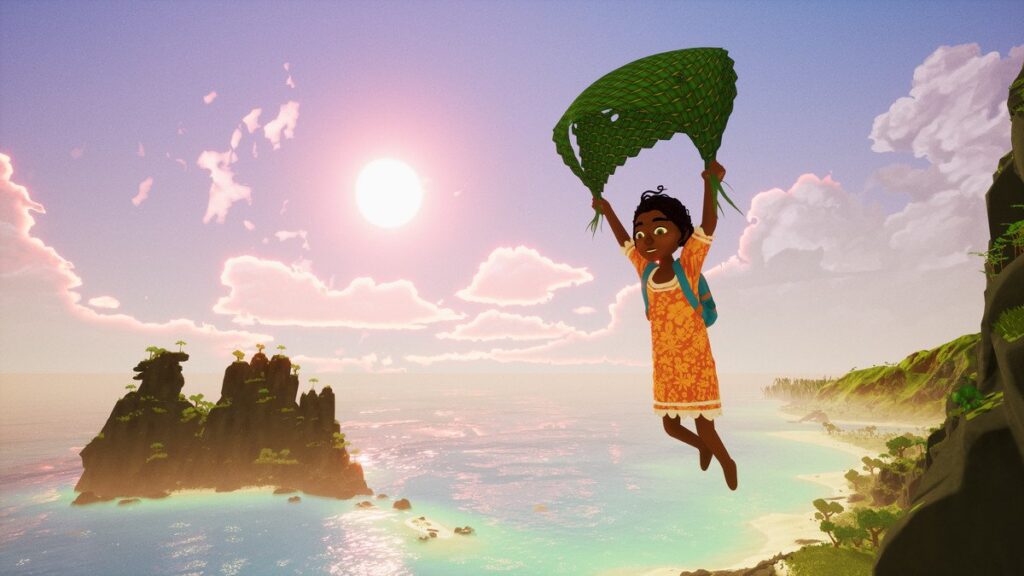
While Tchia mostly travels on foot or by boat, one of the main ways you’ll get around is through the Soul Jumping mechanic. After a linear intro, Tchia is gifted with a mysterious power that allows her to possess animals and objects similarly to how Mario possessed enemies with Cappy in Super Mario Odyssey. Granted you can only do so for a limited amount of time, finding special items through exploration or the story will allow you to improve the length of time you can take control of various creatures. Once you get a hold of that mechanic, you’ll eventually learn to summon creatures with your ukulele to just drop what you need. Once you get this upgrade it does cheapen the experience a bit and makes you utilize the game’s most fun mechanic less and less. Exploration becomes easier when you realize possessing a rock is faster than your base movement speed and takes no fall damage and you’ll also resort to a small handful of creatures to use repeatedly.
Thankfully the collection aspect of the game just feels fun and rewarding. Rather than feeling like a checklist of things to do, Tchia makes its open-world collectibles worth pursuing in many different facets. Ever collectible has a use as currency, anew outfit or can be put towards a gameplay upgrade. I also appreciated that with all this collecting, the open-world map you get to play in isn’t extremely huge or as bloated as other games. By being a refined experience and keeping to two major islands Tchia manages to balance its scale and scope. This is further enhanced by having the compass only show the general direction of pinned objectives, items, and locations. You know that the specific thing you’re going for is in a certain direction, and it leaves you the freedom on how to get there.
The game also contains a fantastic musical score. I was swept up in emotion when the game’s first rhythm game popped up as Tchia’s dad sings a song he wrote for her. I felt the sense of adventure when on the raft and the sun rose behind me and the music popped in at the same time. It’s all very subtle and fits the island motif perfectly. Even the combat song emits a sense of tribal fierceness as you try to Metal Gear sneak your way around the camps of enemies, a gameplay standard that gets even more nerve-wracking in the post-game sequence once you complete the main story. I’ll keep from spoiling what happens once Tchia does save the day.
Tchia as an experience is wonderfully outlined by keeping everything as simple as possible. With a setting that is always creative and unique and further exemplified and reflected in its characters and soundtrack, Tchia manages to outshine its minimal rough edges and design choices. It is another shining example of an indie team punching way above their weight and delivering an experience that showcases a worthy alternative to the Elden Rings and Breaths of the Wilds out there. It fully captivated my emotions; I had a grand time playing through its 10–12-hour campaign complete with exploring every nook and cranny it had to offer and it without question is one of the best game’s I have played so far this year. Don’t skip this one and let Tchia possess your heart as it did mine.
